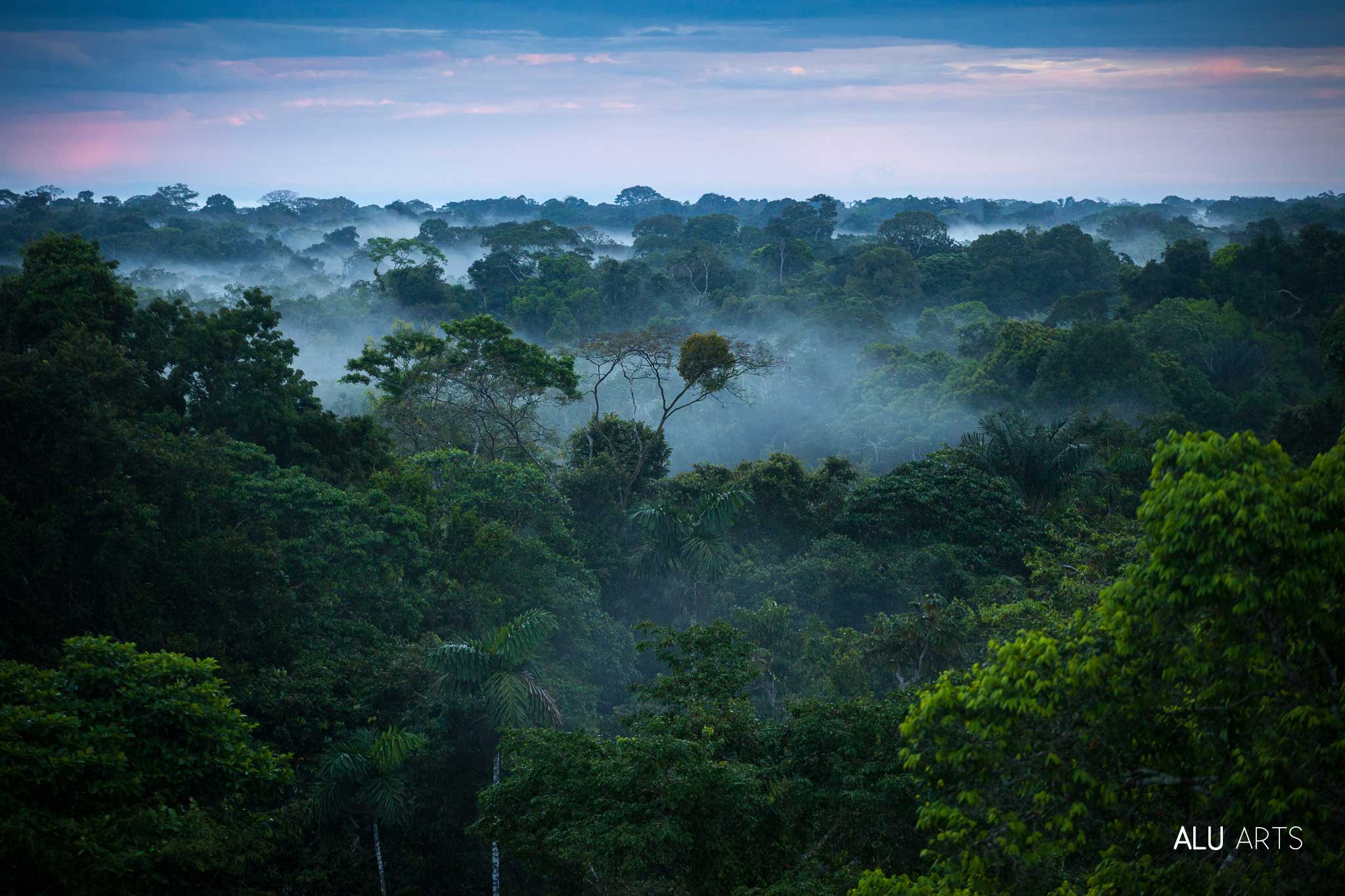“We do not picture our readers solely as researchers or students of science or the humanities, but also as anyone in the fields of politics, management, economics, education or the media who has an interest in ecological questions. What we have to offer is a studium generale.” (Faber and Manstetten 2010: 2)

